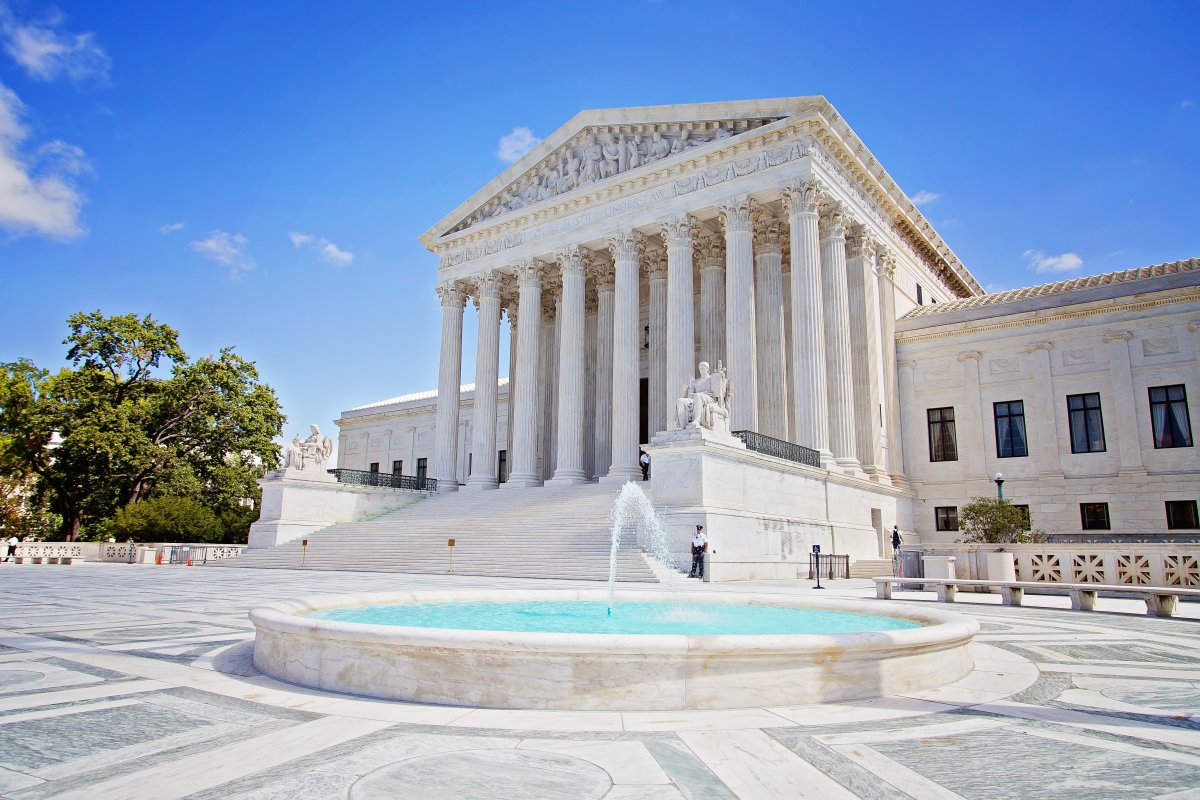Apple, in its year-long antitrust dispute with game developer Epic Games, asked the U.S. Supreme Court on Thursday to overturn a lower court order requiring changes to the rules of its App Store. This is what was reported by Reuters news agency.
advertisement
Apple argued So on Thursday that the lower court’s orders violated the U.S. Constitution because they exceeded the authority of a federal judge. Apple said the federal judge relied on a case brought by a single developer — rather than a broader group of developers — to justify the nationwide ban, without proving that the nationwide ban was necessary to prevent harm to fix the saga that arose.
“This approach undermines constitutional limits on the power of federal courts and, unless corrected by this Court, will make general injunctive relief the default remedy in cases where a single plaintiff challenges a broad policy,” Apple wrote in its US filing. supreme court.
Years of litigation
Apple and “Fortnite” developer Epic Games have been locked in a bitter legal dispute over potential distortions of competition in the App Store for three years. Epic Games believes Apple’s requirement for developers to distribute software through the App Store, where Apple charges commissions of up to 30 percent for in-app payments on iPhones and other devices, violates U.S. antitrust rules and has sued.
In 2021, Epic Games resorted to a trick: a version of “Fortnite” was passed along by reviewers of the app, through which users could also purchase virtual items from Apple. Apple has kicked the game “Fortnite” from the App Store for violating the rules. Since then, the game is no longer available on the platform via the App Store, and you can continue to play on iPhone only via game streaming services.
After the expulsion, Epic accused Apple of unfair competition, but lost most of the points in a US federal court. Meanwhile, the appeals court left in place a lower court decision under which Apple must make it easier for app developers to indicate purchase options outside of the App Store. A U.S. District Court judge previously ruled that Apple’s practice of preventing software developers from informing customers of alternative payment methods violated California’s unfair competition law.
The case ends up before the US Supreme Court
The iPhone company, in turn, did not want to accept this and decided to go to the US Supreme Court. The iPhone maker wants to clarify judges’ authority to impose far-reaching cease-and-desist orders before the U.S. Supreme Court. In this particular case, Apple is contesting the fact that California case law against unfair competition has been used as justification for a US-wide order.
In mid-July, a US court granted Apple Group another 90 days to prevent competitors from providing links to alternative payment services in order to take the matter to the US Supreme Court. In August, the same Supreme Court decided that Apple did not have to make any changes during the ongoing proceedings.
On Wednesday, Epic also filed an appeal against the lower court rulings in its legal dispute with Apple. The US Supreme Court, in turn, is likely to decide whether to consider the case late this year or early next year, according to Reuters.
(I am)

“Prone to fits of apathy. Zombie ninja. Entrepreneur. Organizer. Evil travel aficionado. Coffee practitioner. Beer lover.”






More Stories
Amazon offers one of the best video games of all time
The cosmic journey from the Big Bang to stardust
Copilot comes to Outlook mobile apps